Blog
Welcome to the FlowWest Blog! Here you’ll find our latest projects, expert insights, and innovative solutions in ecosystem restoration and environmental technology. Stay informed and engaged with everything happening at FlowWest.
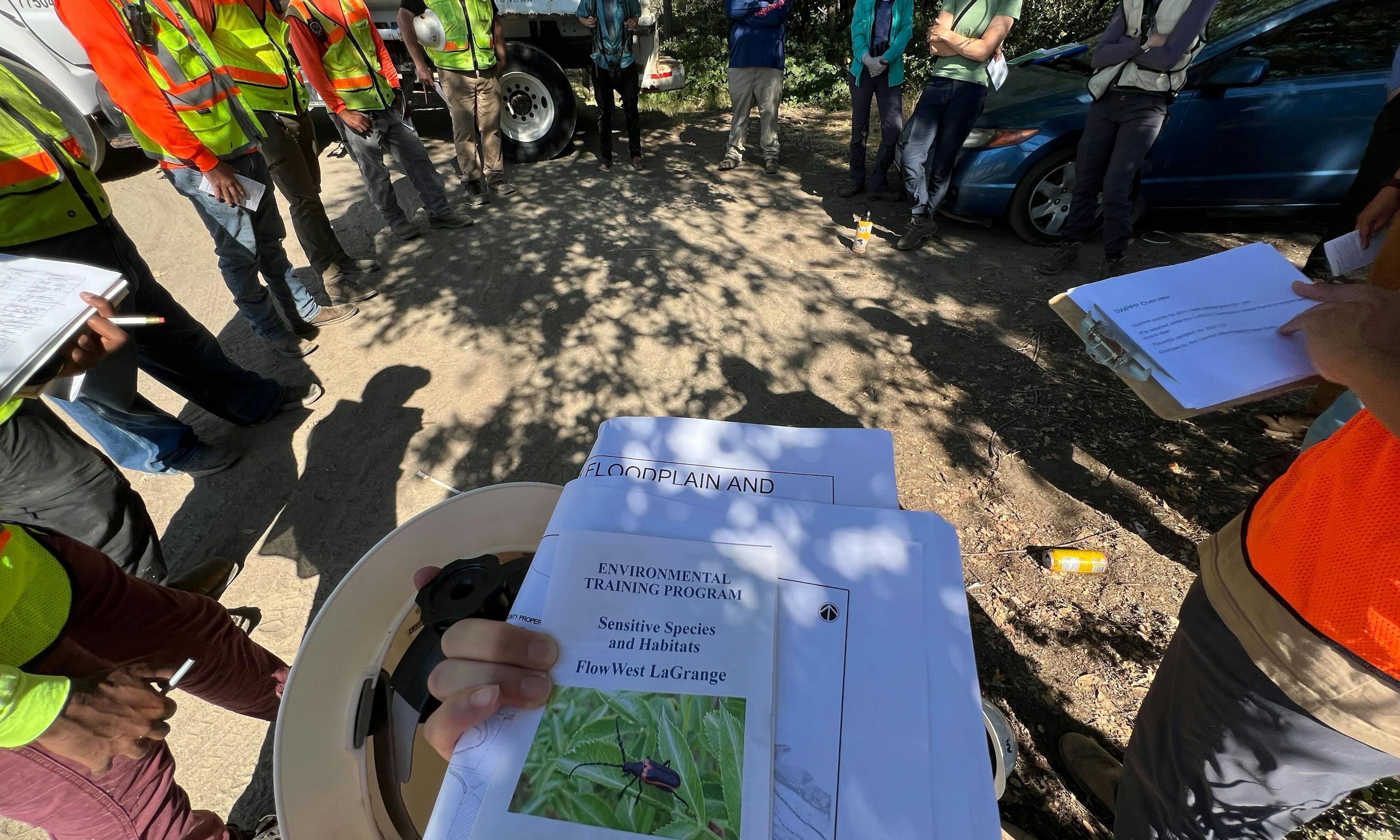
Navigating the Permit Process: Ensuring Successful Approvals
The Basso/La Grange Reach Floodplain and Spawning Habitat Restoration Project is now under construction, having secured approvals from multiple federal, state, and local agencies.
October 22, 2024 • 2 minutes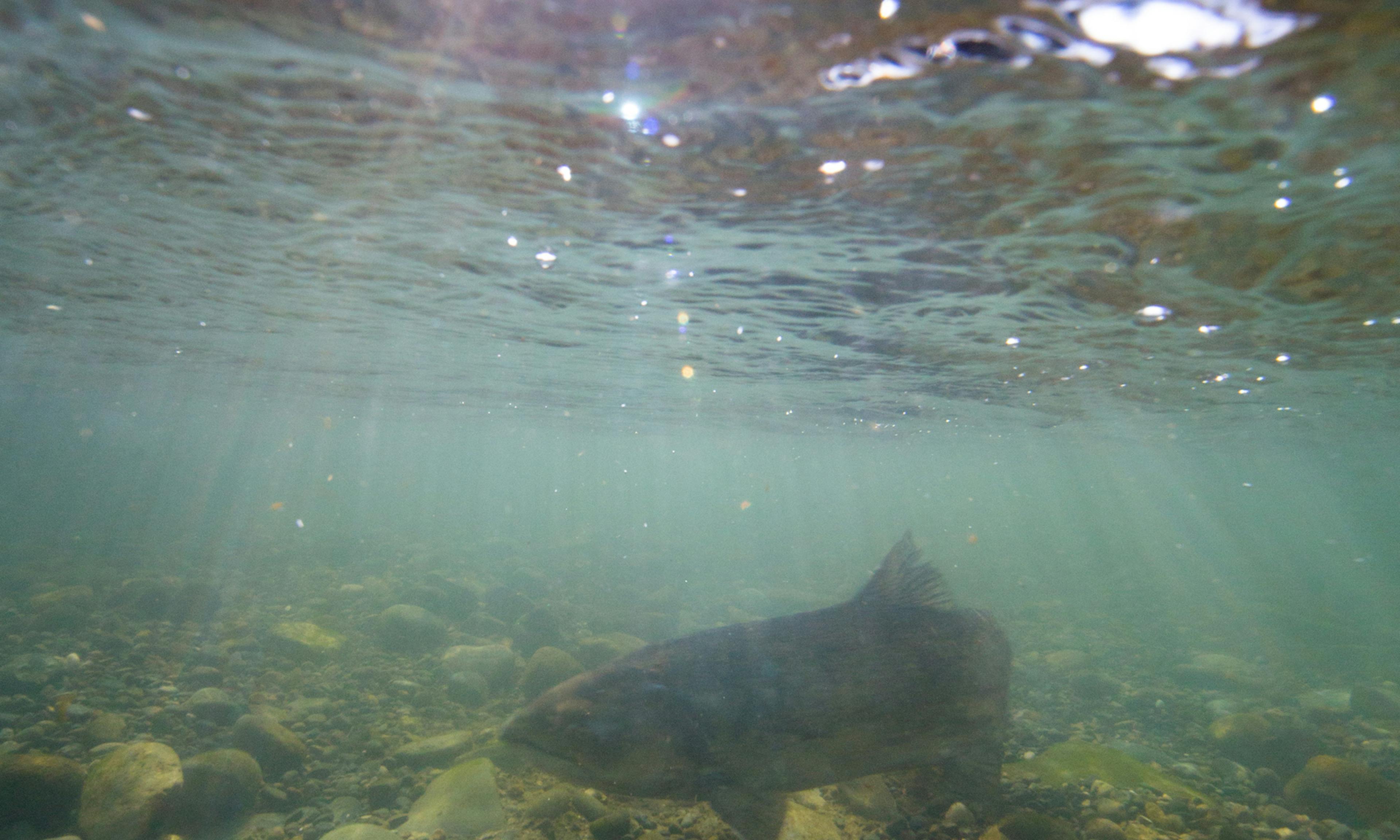
Looking Ahead: Bay-Delta Science Conference 2024
FlowWest is excited to have four speakers and co-chairs participating in the upcoming Bay-Delta Science Conference next week in Sacramento, CA.
September 27, 2024 • 2 minutes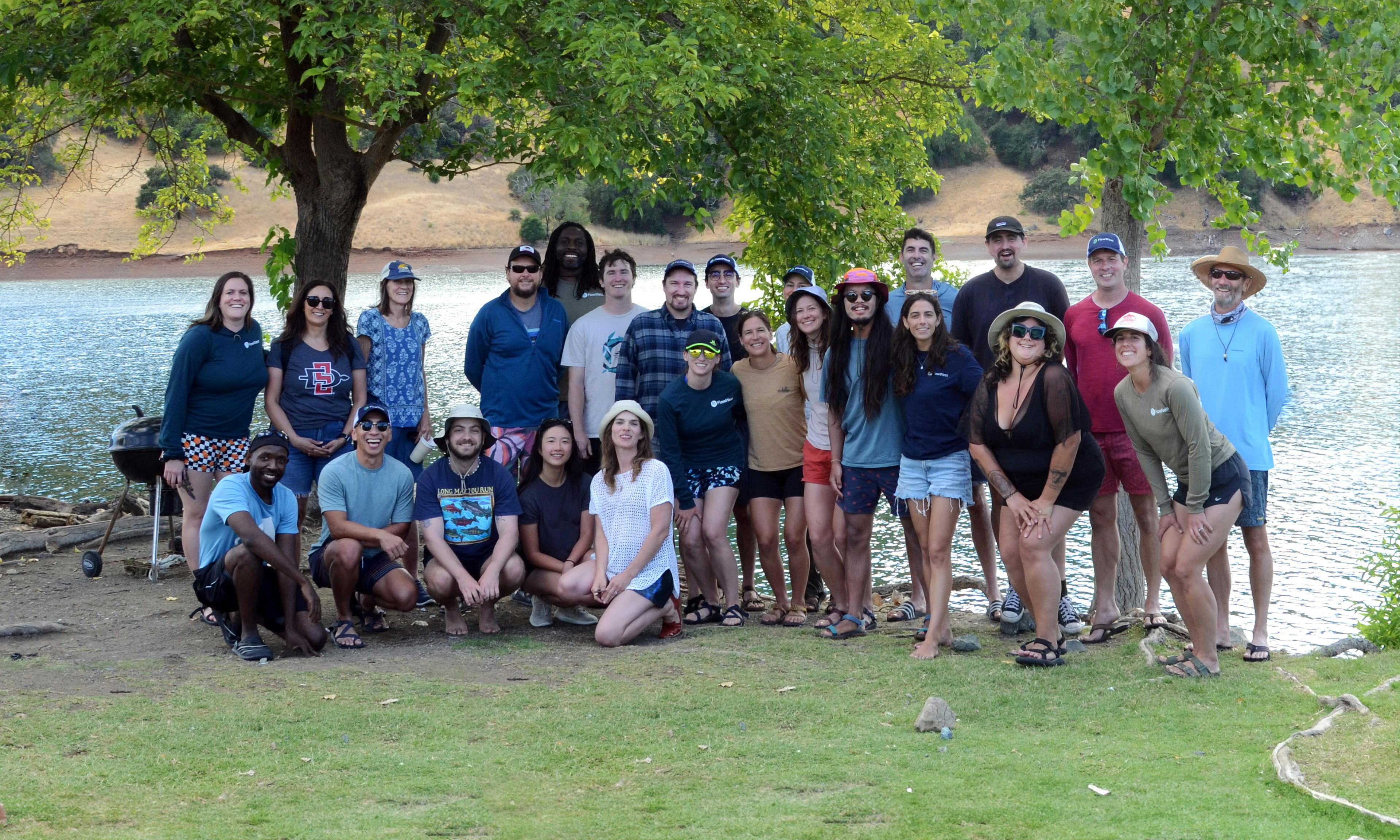
Another Successful Retreat on the Books!
FlowWest recently hosted its much-anticipated annual retreat at the beautiful Wildhaven Sonoma, creating a perfect blend of relaxation, wine tasting, team bonding, and outdoor adventure.
September 20, 2024 • 1 minute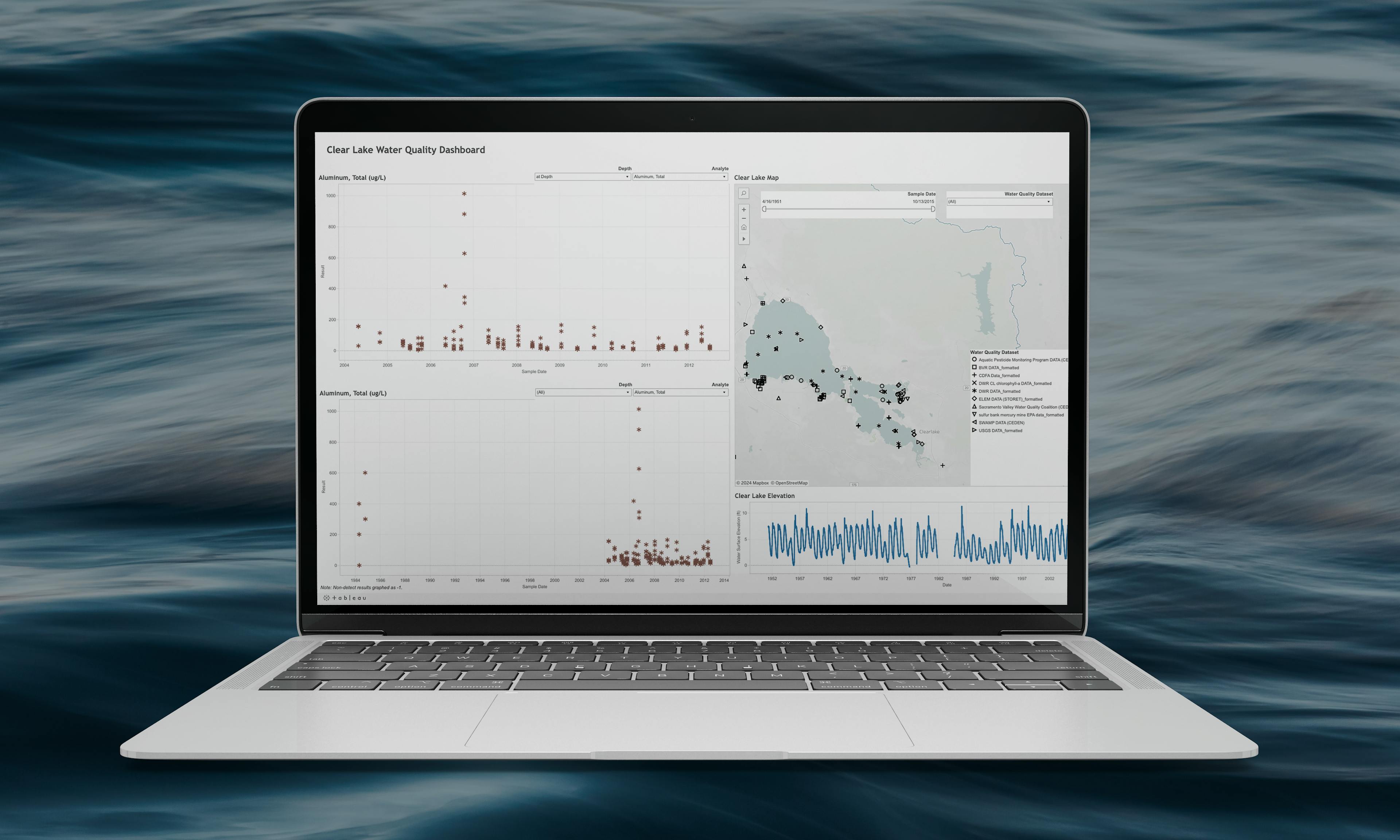
FlowWest to Present at 2024 E2i Meeting: Empowering Watershed Resilience
FlowWest is excited to announce that Data Scientist Inigo Peng has been accepted to attend the 2024 Environmental Information and Innovation (E2i) Meeting, hosted by the Environmental Protection Agency from September 17th to 19th in Kansas City, Missouri.
September 16, 2024 • 2 minutes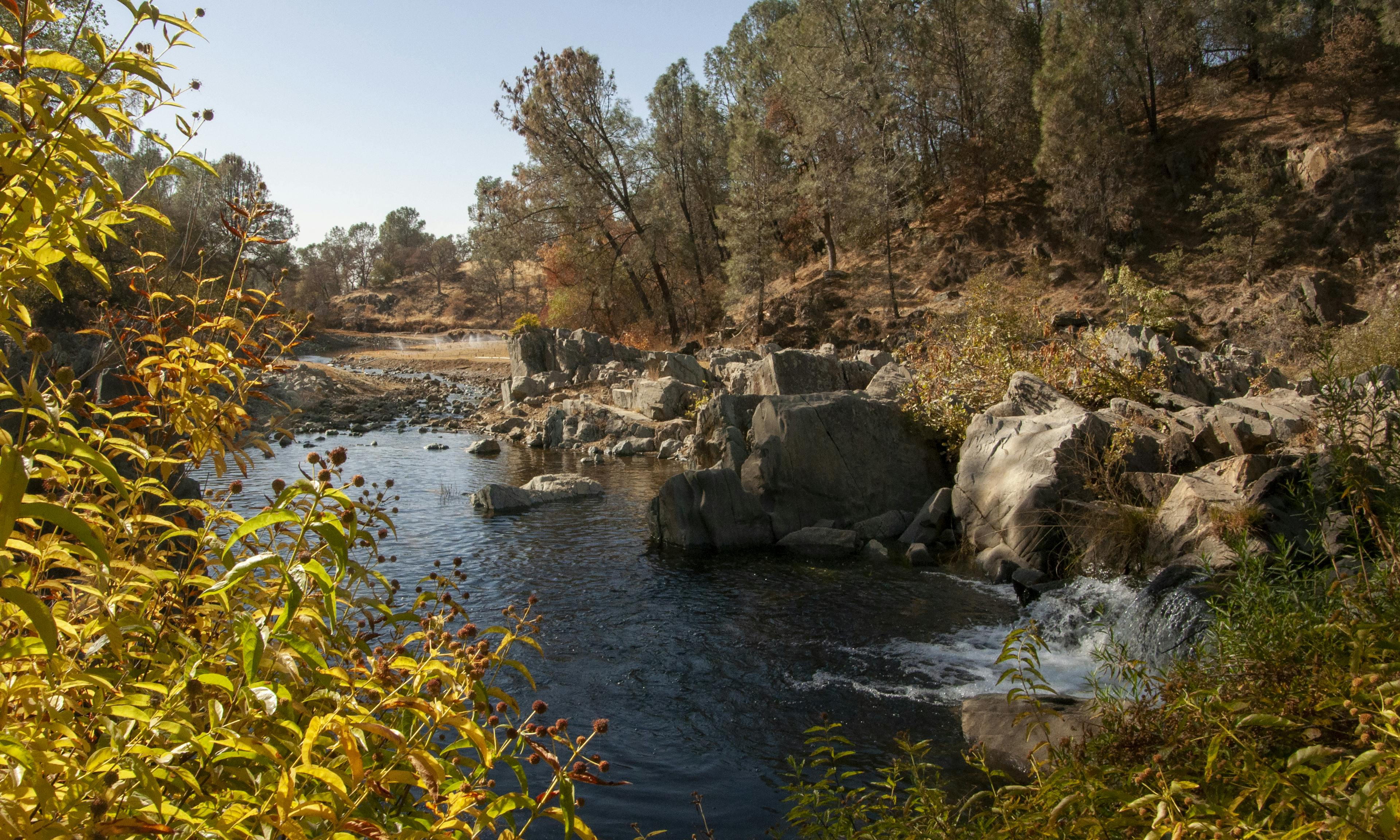
FlowWest presented at California Environmental Flows Workgroup
The main focus of this project is creating accessible, interoperable datasets that streamline the development of flow scenarios for salmonid restoration and habitat projects in the Central Valley.
August 15, 2024 • 1 minute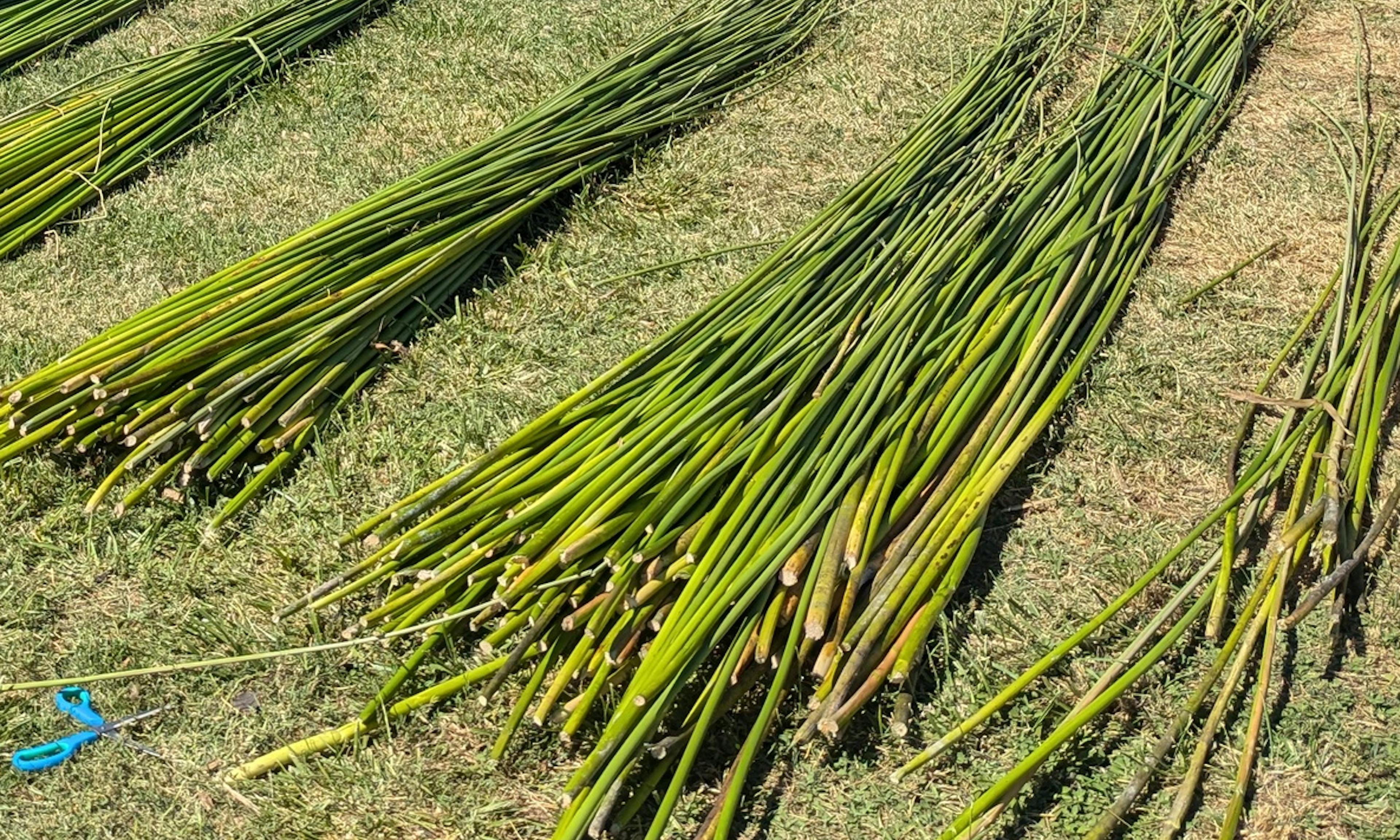
Highlights from the Big Valley Band of Pomo Indians’ Tule Boat Festival
From Thursday, July 26th to Saturday, July 28th, the Big Valley Band of Pomo Indians celebrated their heritage with a vibrant Tule Boat Festival in Clear Lake, CA.
July 30, 2024 • 1 minute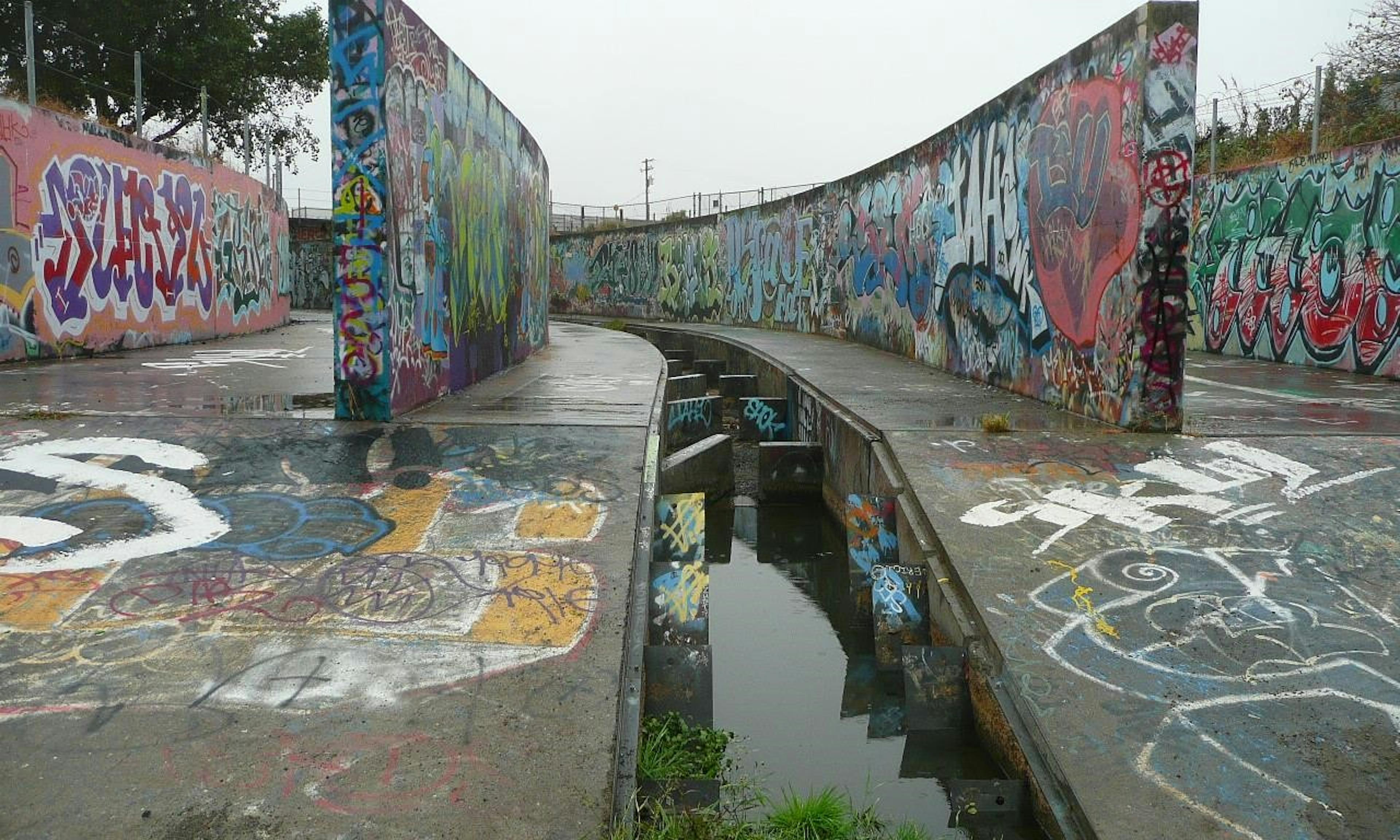
Wildcat Creek Fish Passage & Community Engagement Project Featured in Bay Nature
One of our high-visibility projects recently had positive press regarding its ongoing collaborative transformation in Richmond, CA at Wildcat Creek.
July 18, 2024 • 2 minutes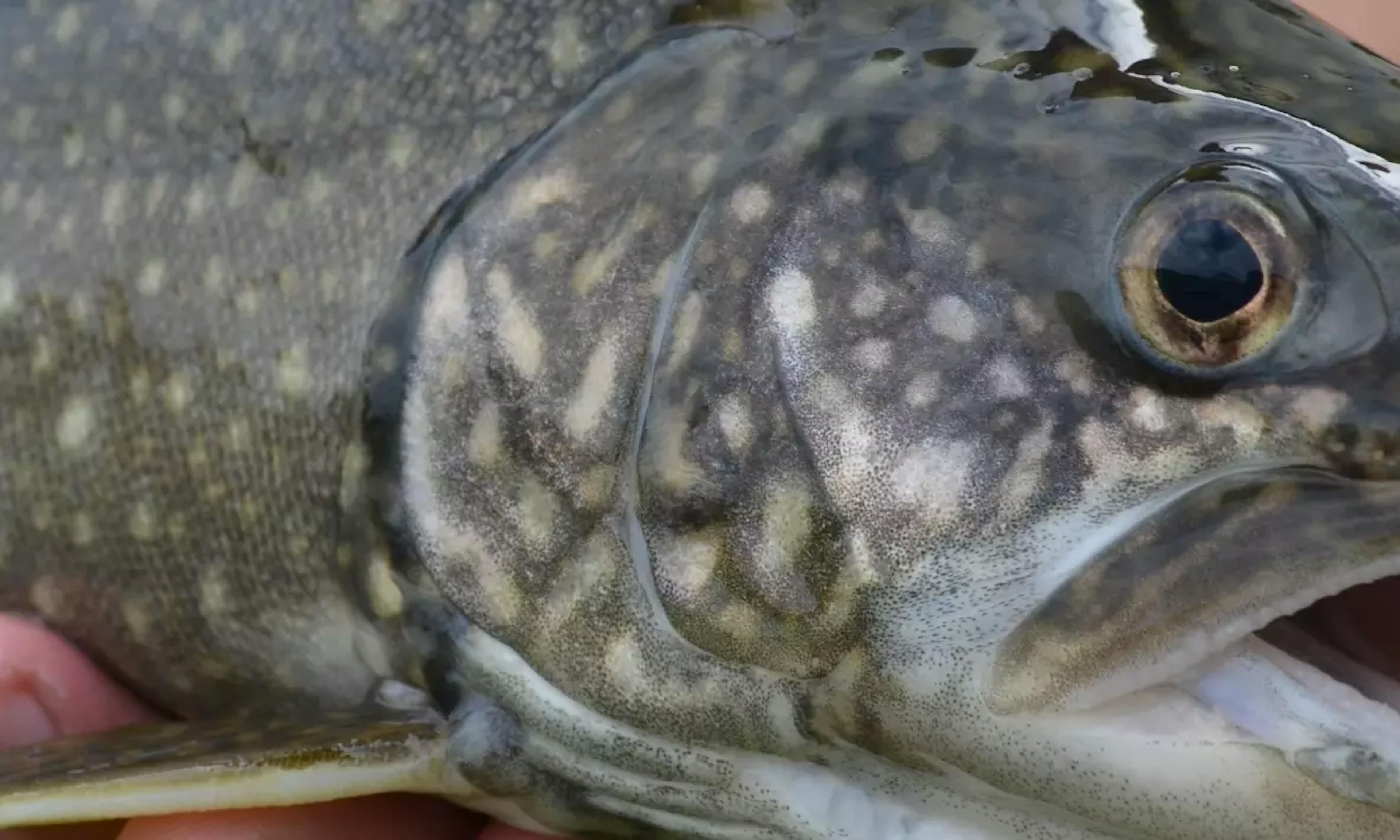
FlowWest Data Scientist Liz Stebbins Masters Thesis Published in Fisheries Research
A recently published research paper, conducted as part of FlowWest employee Liz Stebbins master’s thesis, describes a model built to estimate growth variation in a population of lake trout in Lake Superior.
July 8, 2024 • 2 minutes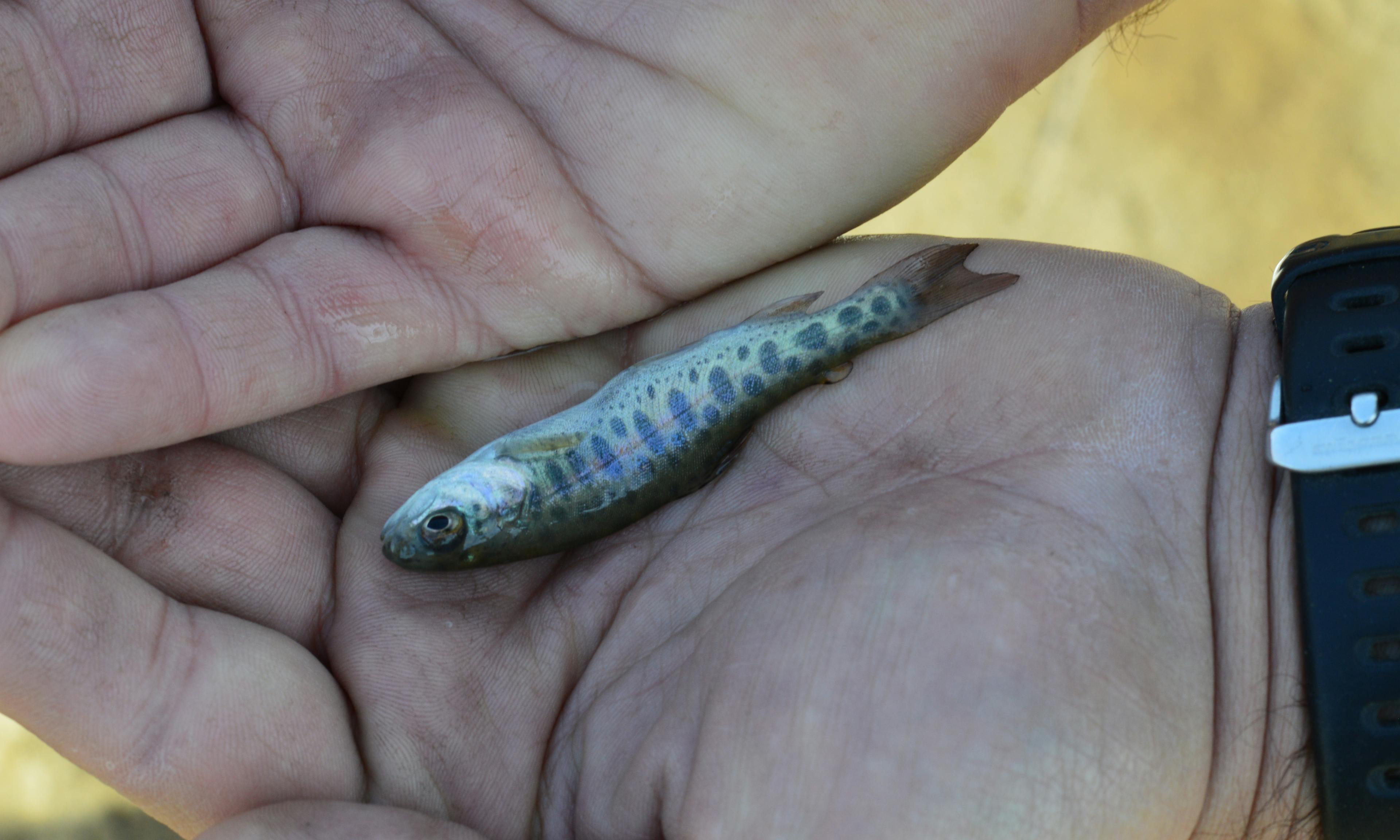
Building the Spring Run Juvenile Production Estimate Data Management System
In the Central Valley, adult spring-run Chinook salmon migrate from the ocean to their natal tributaries where they spawn and produce juveniles. Spring-run Chinook are classified as threatened under the Endangered Species Act (ESA).
June 7, 2024 • 5 minutes